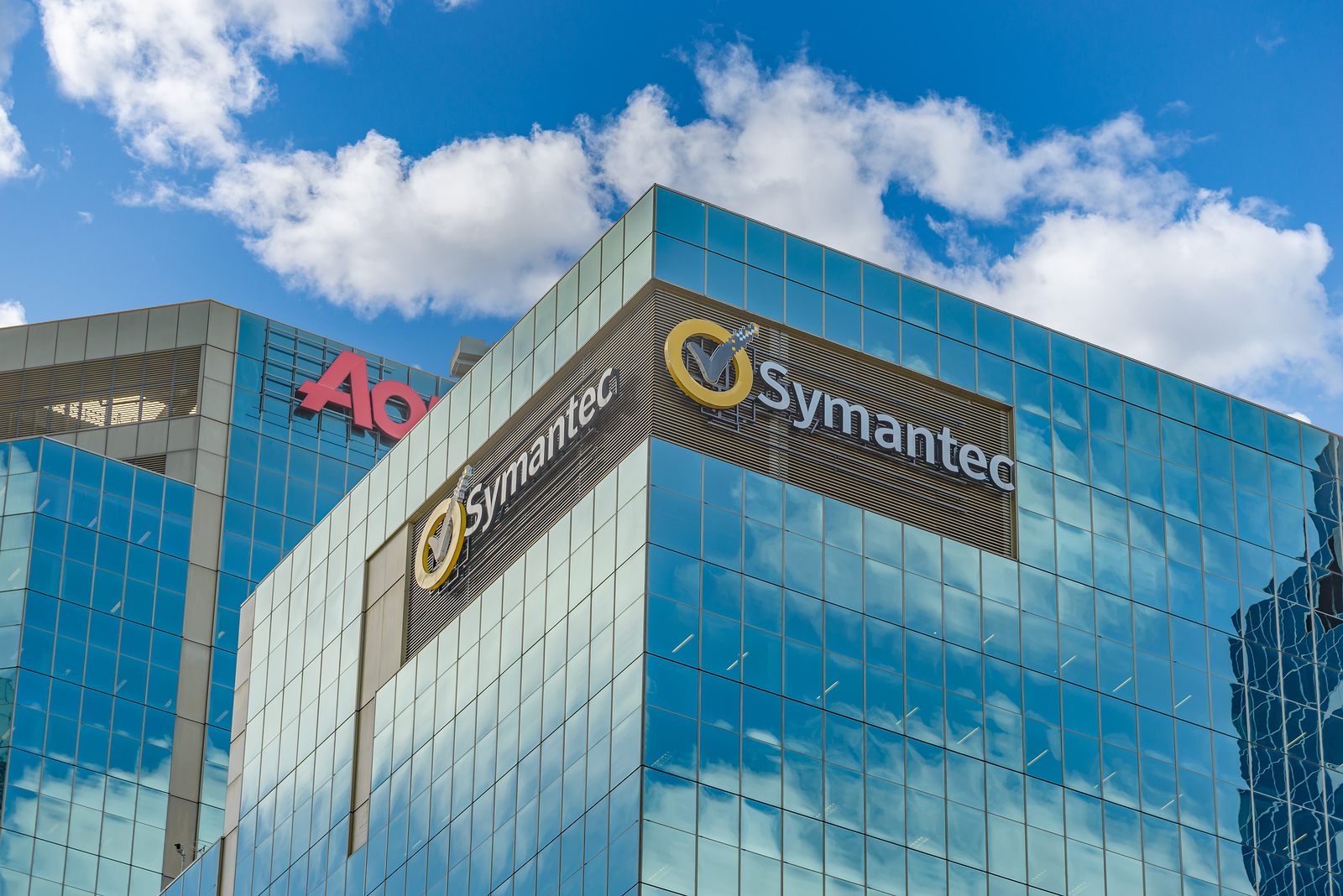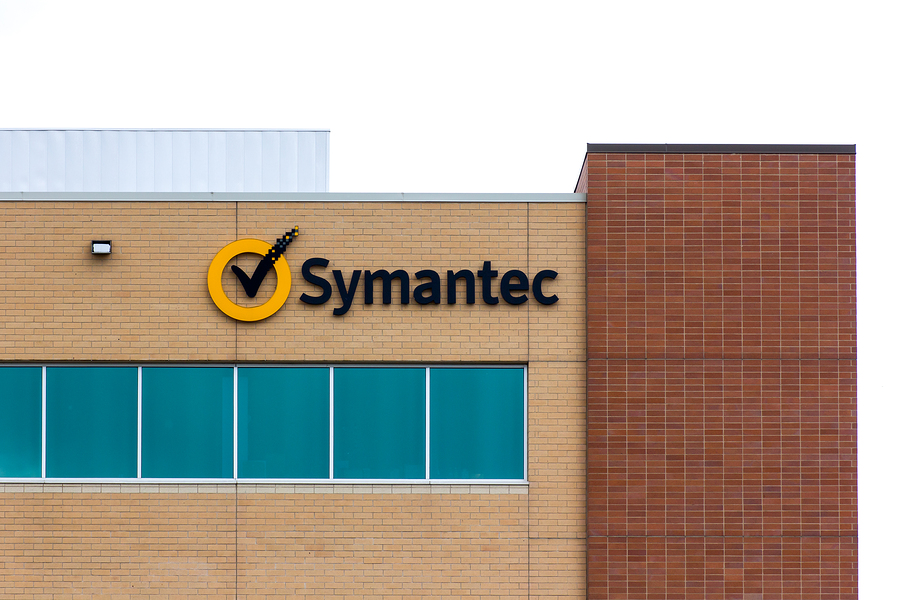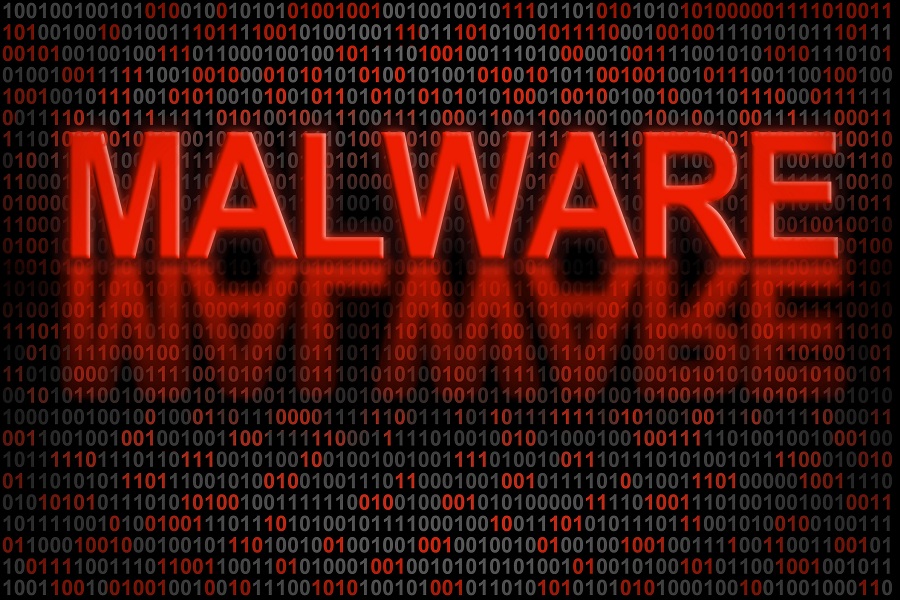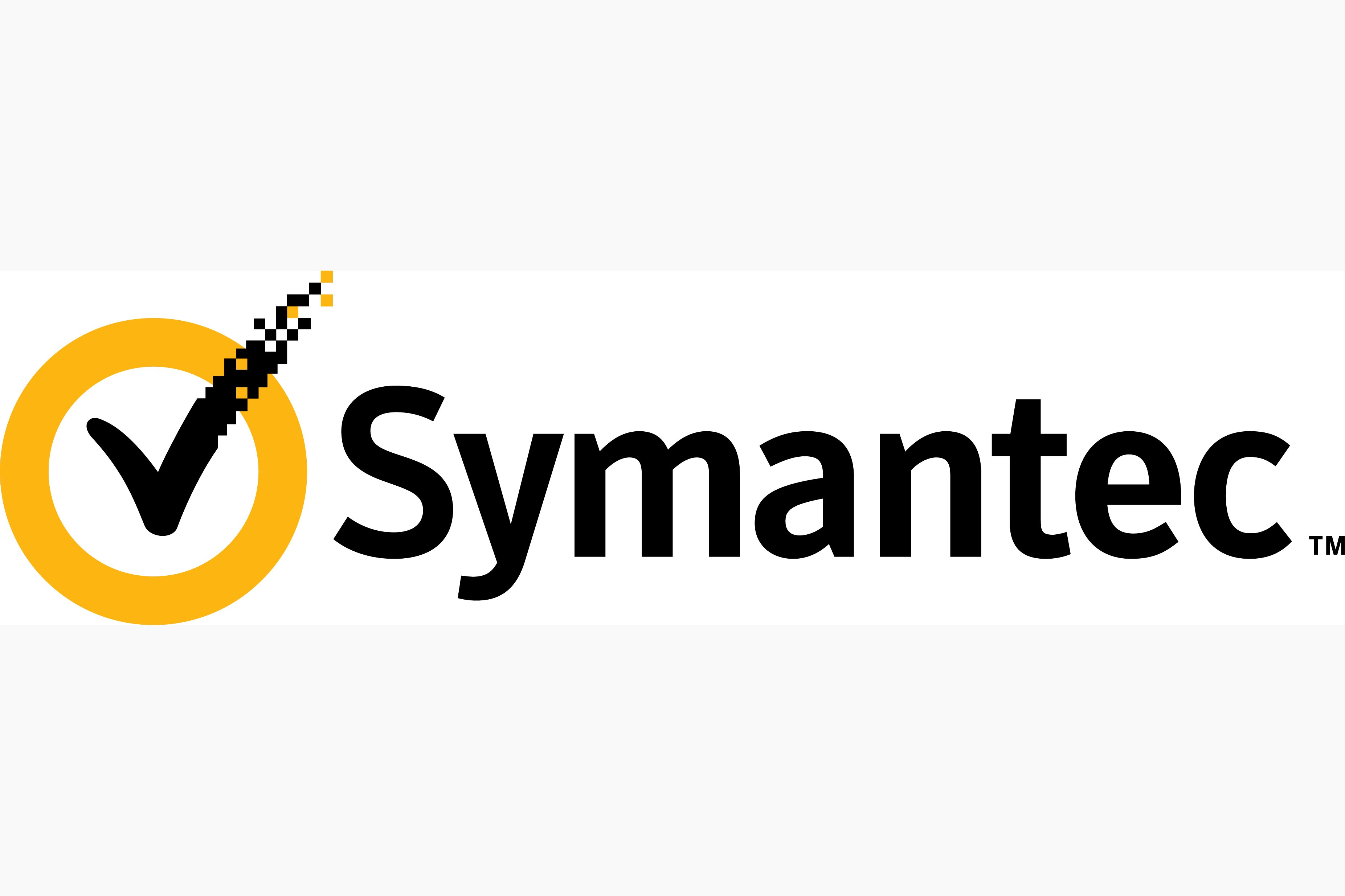Fake antivirus companies could 'go straight' in 2010
Rogue antivirus or 'scareware' has been a big problem this year, but now some of it actually works.

Many firms trying to push rogue antivirus software could attempt to become legitimate' next year, selling software that isn't malicious and actually offers users some kind of protection.
Security firm Symantec has already seen some rogue antivirus vendors selling rebranded copies of free third-party security software as their own product.
In this case, it means that while users were technically getting antivirus, they are still getting ripped off as they could have got it for free.
Orla Cox, security operations manager at Symantec, said that the huge rise in fake antivirus software this year could lead to a "saturation point".
She claimed that fake antivirus providers legitimising their business was one of the routes that they could take if they wanted to keep making money.
"Security companies are starting to get ahead of them and users are becoming more aware of this sort of rogue software," she said.
Cox said that in past years security companies had to deal with large amounts of adware, but that a lot of the ad providers had cleaned up' their act.
Get the ITPro daily newsletter
Sign up today and you will receive a free copy of our Future Focus 2025 report - the leading guidance on AI, cybersecurity and other IT challenges as per 700+ senior executives
But it was also warned that fake antivirus providers could just as easily get more aggressive and malicious, by using ransom techniques where they keep files and only release them in return for money.
"Tools actually encrypt files on your system, and some company will offer the decrypt and recover your data at a price," Cox said.
-
 Bigger salaries, more burnout: Is the CISO role in crisis?
Bigger salaries, more burnout: Is the CISO role in crisis?In-depth CISOs are more stressed than ever before – but why is this and what can be done?
By Kate O'Flaherty Published
-
 Cheap cyber crime kits can be bought on the dark web for less than $25
Cheap cyber crime kits can be bought on the dark web for less than $25News Research from NordVPN shows phishing kits are now widely available on the dark web and via messaging apps like Telegram, and are often selling for less than $25.
By Emma Woollacott Published
-
 Power stations under attack from long-running hacking campaign
Power stations under attack from long-running hacking campaignNews Dragonfly threat group is ramping up activities, say researchers
By Adam Shepherd Published
-
 Symantec profits surge as firms prop up their cyber defences
Symantec profits surge as firms prop up their cyber defencesNews The company also announced plans to sell its web certificate business
By Dale Walker Published
-
 Symantec to pay $4.65 billion to acquire Blue Coat
Symantec to pay $4.65 billion to acquire Blue CoatNews Greg Clark to become Symantec CEO, promising new cloud security
By Aaron Lee Published
-
 Symantec ditches reseller guilty of scamming PC users
Symantec ditches reseller guilty of scamming PC usersNews Silurian told people they had malware, then sold them Norton Antivirus for $249
By Joe Curtis Published
-
 NATO builds up cyber alliance with Symantec tie-in
NATO builds up cyber alliance with Symantec tie-inNews Military industrial link up to fight cyber attacks
By Rene Millman Published
-
 Junk emails fall to their lowest rate in 12 years
Junk emails fall to their lowest rate in 12 yearsNews Spam is dropping, says Symantec, but other malware threats are on the rise
By Joe Curtis Published
-
 Kaspersky: "We have never been asked to whitelist malware"
Kaspersky: "We have never been asked to whitelist malware"News A company blog has revealed neither government nor any other entity has asked it to stop detecting malware
By Clare Hopping Published
-
 Symantec confirms split into separate security & storage entities
Symantec confirms split into separate security & storage entitiesNews Storage and security will be separated as Symantec tries to boost sales in both
By Adam Lee Published